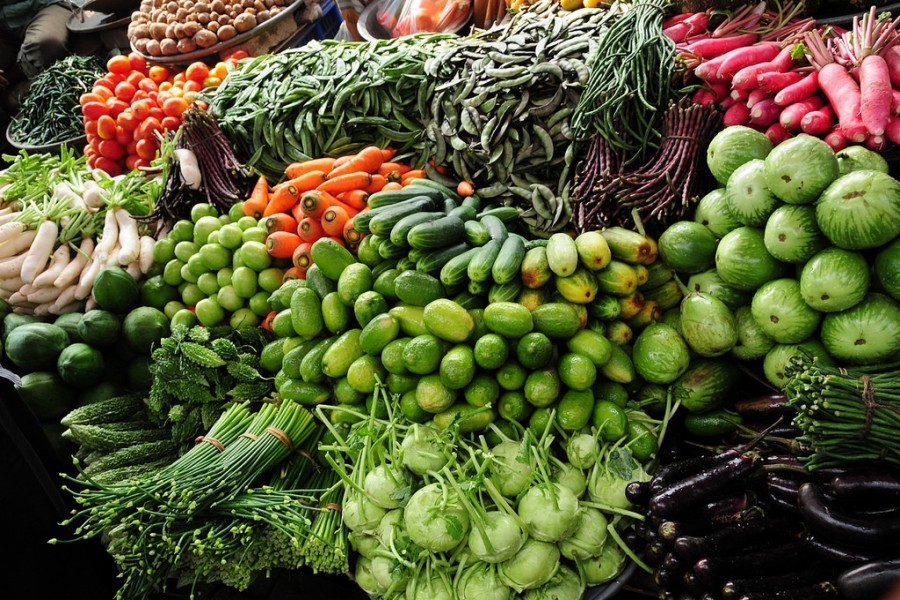Bangladesh has now emerged as a self-sufficient country in food. Nevertheless, the country is yet to ensure safe and nutritious food for all. To put it another way, food security is still unattained. According to the Food and Agriculture Organization (FAO) of the United Nations: 'Food security exists when all people, at all times, have physical, social and economic access to sufficient, safe and nutritious food which meets their dietary needs and food preferences for an active and healthy life.'
One of the fastest growing economies of the world, Bangladesh is still struggling to provide adequate nutrition for all. Around 25.0 million people in the country are suffering from malnutrition. It not only indicates the poor quality of food, but also uneven distribution of resources. Though the higher economic growth contributes to significant reduction of poverty level, it also pushes income inequality.
Against the backdrop, a campaign for enacting food right law has emerged in the country. Four years back, South Asia Right to Food Conference 2015 was held in Dhaka. Through the conference, participating civil society organisations formed the 'Right to Food Bangladesh' network. The network launched a campaign for right to adequate food and nutritional security and also right to food act at national and international level. The core idea behind the campaign is that without a legal framework, it will be very difficult to ensure safe and nutritious food for all in this country.
Bangladesh and many countries of the world don't have any food right law or act. Most of them have, however, food policy. Bangladesh Food Policy 2006 is the key policy document on food security of the country. Having the goal of ensuring a dependable food security system for all, the policy has three objectives. These are: ensuring adequate and stable supply of safe and nutritious food; enhancing the purchasing power of people for better food accessibility; and warranting adequate nutrition for all (especially women and children). To supplement the food policy, the National Nutrition Policy 2015 is also there. The objective of the policy is to improve the nutritional status of the people. Moreover, formulation of a combined national food and nutrition policy is also underway. Again, the country also enacted the Food Safety Act, 2013.
Thus, there is no dearth of policy direction to ensure food safety with proper nutrition. The core challenge lies in implementation of the policy. Relevant acts and regulations may be instrumental to attaining the goals and objectives of the food and nutrition policies. At least, food right campaigners believe this. The global practice of enacting food right law or ensuring the food right through such a direct law is limited. A number of countries have framework laws instead and in some countries respective laws are controversial. The National Food Security Act 2013 of India may be an example. It mainly focuses on providing food at heavily subsidised prices and issue of nutrition not adequately addressed.
Enacting a food security law in Bangladesh thus need serious study. It needs to review the experiences of the peer countries. It also needs to review the relevant policies and laws in existence in the country and try to find out why these are not functioning properly to ensure food safety.


